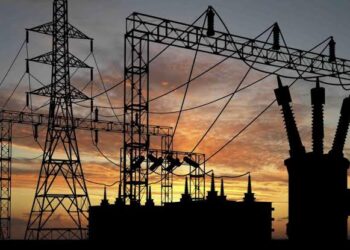Lamu Audu, Managing Director of Mainstream Energy Solutions Limited, has emphasized the need for targeted electricity subsidies to protect vulnerable Nigerians and reduce market distortions in the power sector. Speaking at the 5th Annual Conference of the Power Correspondents Association (PCAN) in Abuja, Audu advocated for a balanced approach to electricity pricing, one that considers both cost-reflective tariffs and energy affordability.
The conference, themed “Cost-Reflective Tariff vs. Energy Poverty: Finding a Pricing Balance in the Nigerian Power Sector,” brought together stakeholders to discuss the challenges of balancing economic sustainability with public welfare. Audu, represented by NISO’s Managing Director Abdu Mohammed, noted that blanket subsidies currently distort market signals and sustain inefficiency in the power sector.
To address this issue, Audu proposed the implementation of targeted subsidy mechanisms, such as lifeline tariffs and data-driven welfare-linked rebates, to protect low-income households while allowing the market to function efficiently. He emphasized the need for thoughtful, multidimensional strategies that combine economic realism with social equity.
Achieving a balance between cost-reflective tariffs and energy affordability requires a gradual, transparent, and service-improvement-based approach, Audu explained. He stressed that consumers are more willing to pay for electricity when they experience reliability and fairness. Service-based tariffs, coupled with transparent communication and performance-linked adjustments, can foster trust between consumers and utilities.
The PCAN Chairman, Obas Esiedesa, highlighted the pressing challenge of finding a fair, transparent, and socially responsible pricing framework that balances economic sustainability with public welfare. He noted that while cost-reflective tariffs are necessary for the viability of operators, millions of Nigerians lack access to electricity or rely on expensive self-generation.
The conference served as a platform for stakeholders to engage in discussions on finding a pricing balance in the Nigerian power sector. As the sector continues to evolve, the need for a balanced approach to electricity pricing remains a key issue. By adopting targeted subsidies and implementing cost-reflective tariffs in a gradual and transparent manner, Nigeria can work towards achieving a more sustainable and equitable energy sector.
